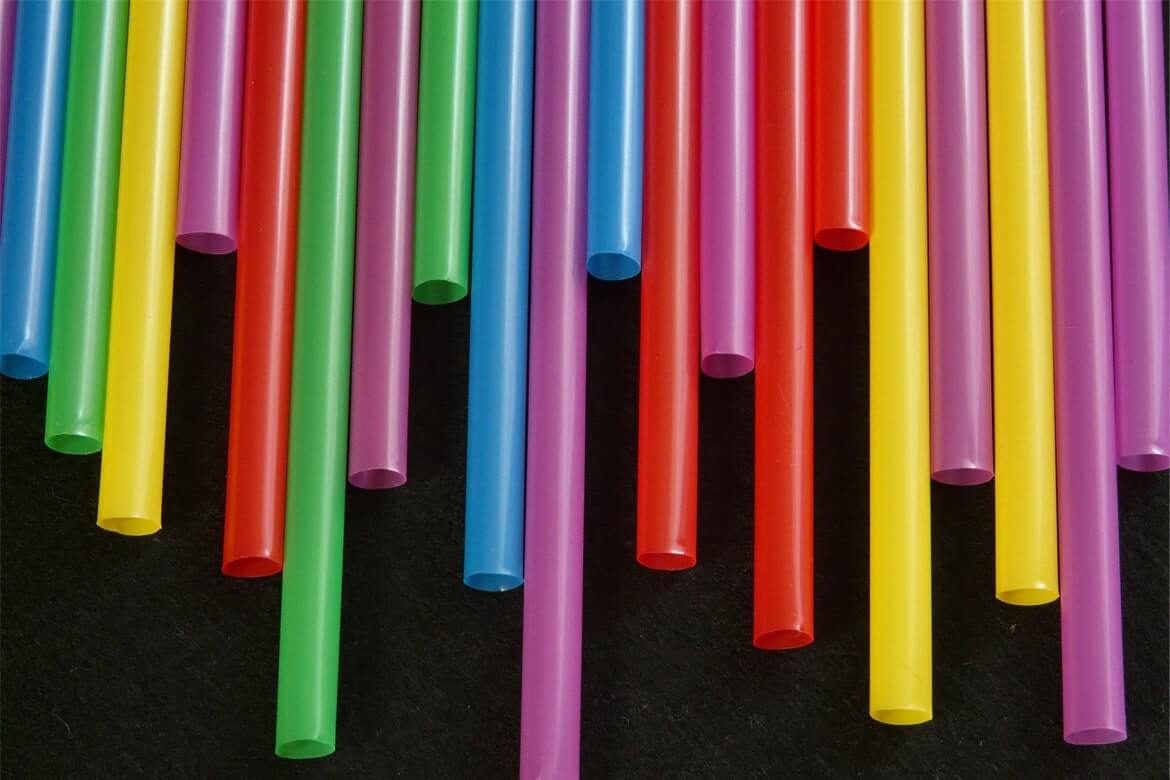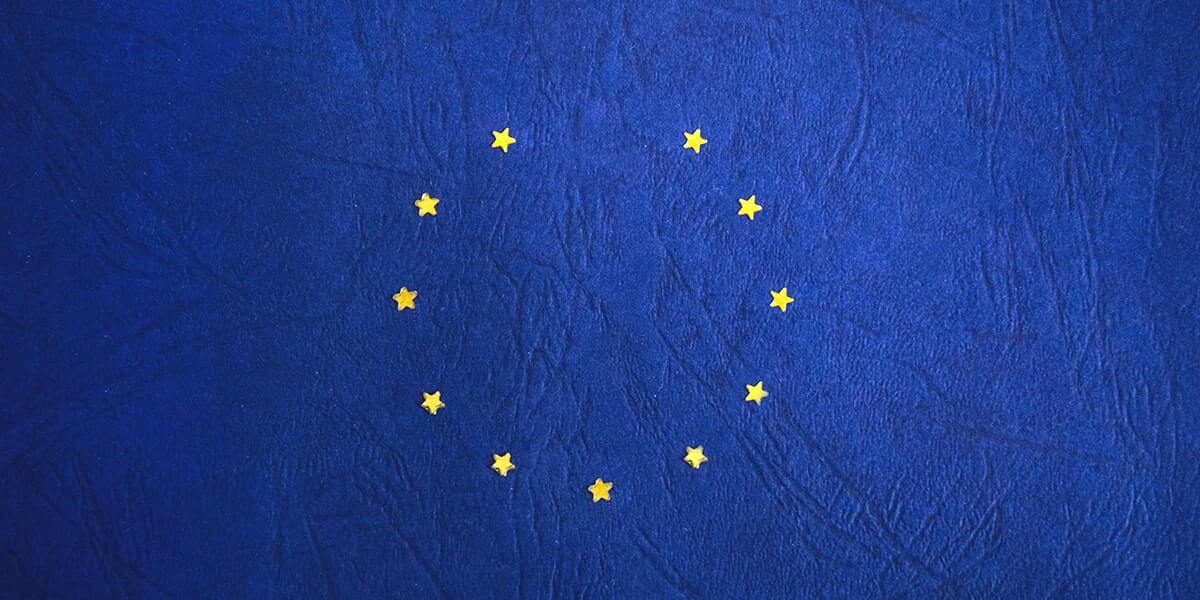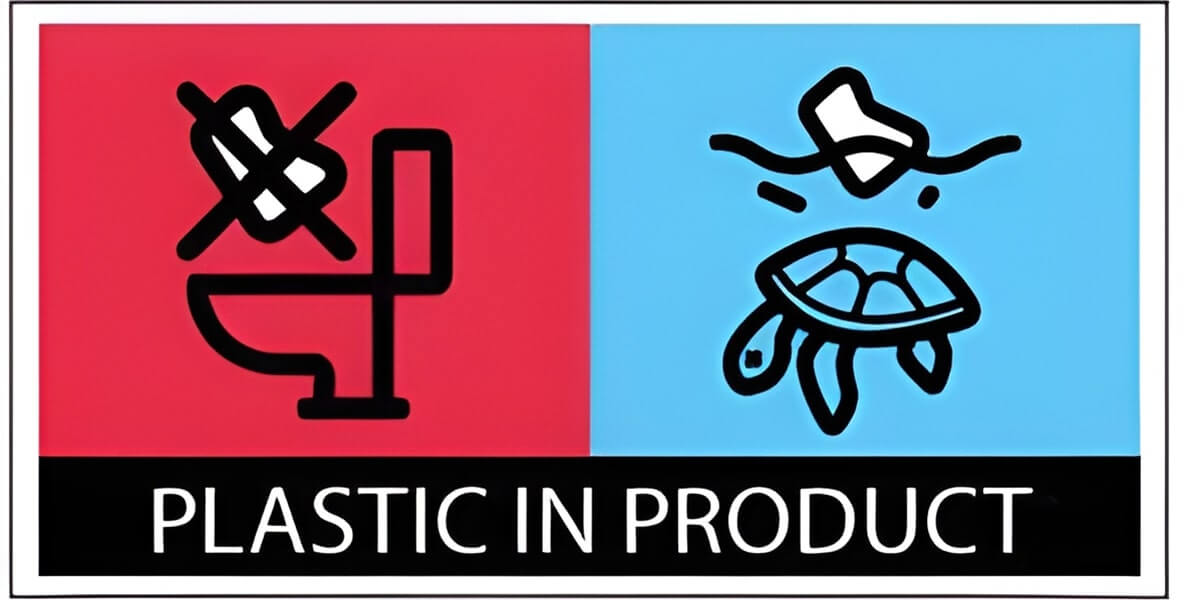Single-Use Plastics Directive: What online retailers need to know about the SUP ban
Written by
Editorial TeamPublished on
From product bans to cross-border labeling rules, this guide breaks down what online sellers need to know to navigate the SUP Directive and future-proof their business. (Ad)

Commercial collaboration
Introduction
Single-Use Plastics are among the most problematic forms of plastic waste in today’s world. Items like disposable cutlery, straws, stirrers, and takeaway packaging are typically used for just a few minutes — but can persist in the environment for hundreds of years. They frequently end up as litter in rivers, oceans, and natural landscapes, posing serious threats to wildlife and ecosystems. In response to this growing issue, the European Union adopted the Single-Use Plastics Directive (SUP Directive), a regulatory framework aimed at reducing the impact of such products on the environment.
This directive is especially relevant for the e-commerce sector. Many of the products covered by the regulation are sold, imported, or distributed via online channels — often across borders. Online retailers are not only expected to avoid offering banned items but may also be legally responsible for compliance obligations such as labeling and extended producer responsibility (EPR), particularly when importing products from outside the EU.
In this article, we’ll explore what the SUP Directive entails, which products are affected, how it impacts online sellers, and what practical steps you can take to remain compliant. As sustainability becomes a defining feature of modern commerce, understanding these regulations is essential for building a responsible and future-proof e-commerce business.
The EU Single-Use Plastics Directive (SUP Directive) – An overview
The directive (EU) 2019/904 on the reduction of the impact of certain plastic products on the environment was adopted in 2019 and came into effect in July 2021. Its aim is to reduce plastic pollution by banning, labeling, or including specific products in extended producer responsibility (EPR) systems.
Unlike broader packaging regulations such as the EU packaging directive or the German packaging act, the SUP Directive specifically targets products that are frequently found as litter in the environment. This makes it a crucial tool in fighting plastic pollution at its source.
The directive lays down a clear legal framework for tackling the ten most commonly found single-use plastic items on European beaches. Its implementation contributes to the EU’s overarching goals within the Green Deal and the Circular Economy Action Plan.

Which products are affected?
The directive targets the following categories:
- Product bans: These include single-use plastic cutlery, plates, stirrers, straws, cotton buds, and food containers made of expanded polystyrene (EPS). These items are no longer allowed to be sold in the EU market.
- Labeling requirements: Wet wipes, cigarette filters, and single-use beverage cups must be labeled with standardized warnings indicating the presence of plastics and how to properly dispose of them.
- Extended producer responsibility (EPR): This applies to products such as takeaway food containers, snack wrappers, and lightweight plastic bags. Producers must register in national systems and contribute financially to waste management and clean-up efforts.
It is important to note that these categories can overlap. A takeaway coffee cup, for instance, might be subject to both labeling and EPR obligations, depending on its material composition and national implementation.
Another example is a pack of moist toilet tissues sold online: if the product contains plastic, it must carry the appropriate SUP label — even if it’s imported from outside the EU. If it’s sold in multiple countries, the labeling must meet each country’s specific language and format requirements, and the producer may also need to register for EPR in those countries.
Online retailers must pay particular attention when sourcing products from suppliers. Even if a product is legally produced elsewhere, it must still comply with EU rules once sold on the EU market.
Impact on online retailers and marketplace operators
Online sellers must ensure they do not offer banned products. This is especially important when directly importing from non-EU countries — in these cases, they are considered “producers” and are fully responsible for compliance. This includes registering in national registers, contributing to recycling costs, and complying with labeling requirements.
Platforms like Amazon or eBay are also tightening their controls. Sellers are increasingly required to provide documentation proving compliance with environmental regulations. Failure to comply can result in penalties, product delistings, or account suspension.
For example, if a retailer offers plastic-containing coffee cups in Germany, they must ensure the product bears the correct SUP label. If not, the product may be blocked by the platform, leading to potential revenue losses and reputational damage.
This trend shows that compliance is no longer just a legal formality — it’s becoming a key requirement for participating in digital marketplaces.
Implementation in EU Member States
While the SUP Directive sets EU-wide targets, actual implementation is carried out by each member state. This leads to national differences in both interpretation and enforcement:
- Germany: Introduced the Single-Use Plastics Fund Act (Einwegkunststofffondsgesetz – EWKFondsG), requiring producers to report via the DIVID portal and pay a fixed annual contribution. Germany: Introduced the Single-Use Plastics Fund Act (Einwegkunststofffondsgesetz – EWKFondsG), requiring producers to report via the DIVID portal and pay a fixed annual contribution. Important: The DIVID portal is separate from the LUCID register, which is managed by the Central Agency Packaging Register (Zentrale Stelle Verpackungsregister – ZSVR) and covers packaging subject to system participation under the German Packaging Act (VerpackG). Depending on their product portfolio, retailers may need to register in both systems.
- France: Enforces extended labeling requirements, including pictograms on packaging and reusable alternatives for many items.
- Spain: Requires registration and reporting of even small quantities of SUP products, with a focus on transparency for imported goods.
Retailers selling across borders must be aware that compliance in one country does not automatically ensure compliance in another. Ecosistant helps businesses navigate these differences by offering country-specific guidance and operational support for EPR registrations across Europe.

Single-Use Plastics Fund in Germany – Reporting obligations & fees
Germany’s implementation of the SUP Directive goes beyond bans and labeling. Since January 2024, certain products are subject to financial contributions under the Single-Use Plastics Fund Act (EWKFondsG). Affected companies must:
- Register in the official DIVID portal
- Submit annual reports on the quantities of SUP products placed on the German market (deadline: 15 June 2025 for the reporting year 2024)
- Pay product-specific contributions into the national fund
These contributions are used to fund public cleaning, awareness campaigns, and waste management infrastructure.
Thresholds and reporting: Companies placing under 100 kg of relevant products per year may submit a self-declaration. For higher quantities, a verified report will be mandatory from 2025 onwards. For the reporting year 2024, this external audit requirement is suspended.
Foreign retailers: Companies based outside Germany are required to appoint an authorized representative located in Germany before placing relevant products on the market. This requirement has been in effect since 1 January 2024. Appointing such a representative is essential to fulfill reporting and payment obligations under German law.
How retailers can stay compliant
Navigating SUP compliance may seem daunting, but retailers can follow a few key steps to remain on the right side of the law:
- Avoid banned products: Regularly audit product catalogs and remove non-compliant items.
- Understand labeling rules: Ensure your products meet national labeling requirements, especially for wet wipes, cups, and other regulated items.
- Register for EPR schemes: Depending on the product type and market, different national registrations may be required.
- Submit annual reports on time: Set internal reminders or partner with compliance services to meet deadlines.
- Appoint representatives when needed: If you’re based outside a given country, local representation is often mandatory.
- Find sustainable alternatives: Work with suppliers to shift toward reusable, recyclable, or compostable materials.
Moreover, it’s essential to document all compliance efforts. Having clear records can help defend your business in case of audits or disputes with platforms.
Services like ecosistant help automate much of the compliance burden by identifying relevant obligations and managing EPR registrations across multiple countries. This is especially helpful for growing sellers operating on various EU marketplaces.
Outlook – What’s next for environmental compliance in e-commerce
The SUP Directive marks a turning point in EU environmental regulation. It not only addresses visible pollution but also reshapes the responsibilities of businesses placing products on the European market.
Looking ahead, further regulations are on the horizon. The upcoming EU Packaging and Packaging Waste Regulation (PPWR) will introduce even stricter rules. Among the expected changes are:
- Binding targets for reusable packaging in certain sectors
- Mandatory design-for-recycling criteria for all packaging
- Harmonized labeling across the EU to improve consumer guidance
- Digital product passports and improved traceability
- Stronger enforcement and cross-border coordination
For online retailers, this means that environmental compliance is becoming more complex — but also more essential for market access. Businesses that act early and build scalable compliance processes will have a significant competitive advantage.

Conclusion – Why retailers should act now
Environmental compliance is no longer just a legal requirement — it’s becoming a decisive factor for business success in the EU market. The Single-Use Plastics Directive is only one example of how quickly the regulatory landscape is evolving. With additional rules like the PPWR in the pipeline, online retailers must take a proactive approach.
Here’s what that means in practice:
- Start with your current product range: Identify which items may fall under SUP or EPR regulations and evaluate their compliance status.
- Collaborate with your suppliers: Ensure that materials, labels, and documentation meet EU standards — especially if you source from outside Europe.
- Invest in long-term solutions: Replace disposable plastics with reusable or recyclable alternatives. This not only ensures compliance but can also enhance your brand’s sustainability image.
- Streamline your compliance operations: Use tools and partners like ecosistant to handle multi-country registrations, reporting duties, and regulatory updates.
Retailers who take environmental responsibilities seriously now will be better prepared for the future — both legally and competitively. By integrating sustainability and compliance into your daily operations, you protect your business from risks, build trust with customers, and contribute to a cleaner planet.
Ecosistant can support you at every step — from product analysis to full-service compliance across Europe.
***


